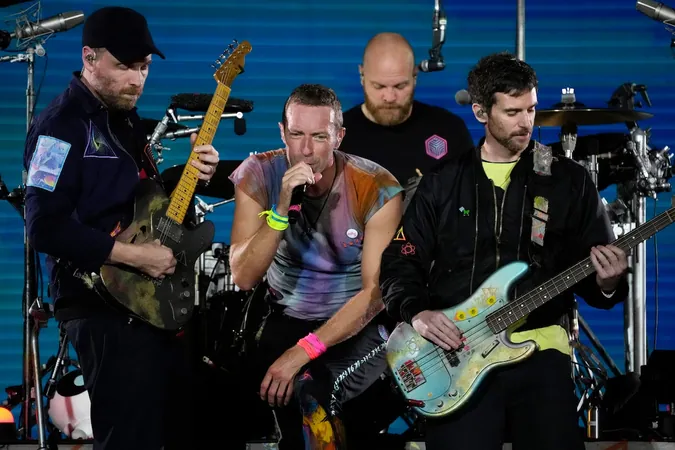
The Concerts of Tomorrow: How Artists Like Coldplay and Billie Eilish are Leading the Charge for Sustainability
2024-12-18
Author: Olivia
Introduction
In an era where climate consciousness is becoming increasingly vital, renowned musicians like Coldplay and Billie Eilish are setting remarkable examples on how live events can adopt sustainable practices. Following Coldplay's electrifying performances in Vancouver in September 2023, the team at BC Place took significant strides toward waste management. In a bid to maximize waste diversion, venue staff meticulously hand-sorted the waste generated during these shows, a request from the band that went beyond regular disposal operations.
Waste Management Initiatives
Chris May, general manager of BC Place, described the intense effort involved in the process. “We brought in additional people from our waste hauler companies to sort through everything. We ensured that all the garbage was meticulously divided and redistributed to the appropriate bins. Our goal is to achieve 90 percent waste diversion by 2025,” he said. This initiative is a testament not only to Coldplay's commitment to sustainability but also to the attainability of significant waste reduction goals.
Massive Attack and Renewable Energy
Massive Attack is another band leading the green movement. Their recent festival in Bristol, named Act 1.5 as a nod to limiting global temperature increases to 1.5 degrees Celsius (as outlined in the 2015 Paris Agreement), was powered entirely by renewable energy sources. To further reduce carbon footprints, the band utilized local electric vehicles for logistics and prioritized local ticket sales to minimize long-distance travel. Even more impressively, there was no parking offered at the venue, promoting public transportation for attendees.
Reverb's Impact on the Music Industry
Since 2004, Adam Gardner, co-founder of the environmental nonprofit Reverb, has partnered with various artists to minimize environmental impacts. He notes that the COVID-19 pandemic provided a critical moment for reflection within the music industry. “When live events were halted, everybody had time to think about their practices,” Gardner explained. Reverb collaborates with artists like Billie Eilish, Shawn Mendes, and Dave Matthews Band to implement greener tour strategies and educate fans on sustainable practices.
Billie Eilish's Sustainable Tour Practices
On her current world tour, Eilish's team has taken innovative steps, encouraging fans to bring reusable water bottles and offering complimentary refill stations. They have also installed plant-based food options, banned single-use plastics backstage, and committed to donating unused toiletries to shelters. Reverb also establishes Eco-Action Villages at concert stops, inviting fans to pledge to make sustainable choices, like eating plant-based meals or supporting local green initiatives.
Grassroots Efforts by Smaller Bands
Smaller acts are also motivated to make eco-friendly changes, even if they lack the resources of larger bands. For instance, members of the indie rock band Dead Broke utilize reusable containers to cut down single-use plastic waste while touring. They even managed to partner with a local coffee roaster, allowing them to brew their own coffee instead of using disposable cups.
Music Decarbonization Project
Reverb's primary focus now includes engaging venues and festivals. Their Music Decarbonization Project aims to reduce the carbon footprint of live events significantly. Gardner outlines a shift away from merely offsetting emissions to actively changing operational practices. For instance, innovative battery power solutions have eliminated the need for diesel generators, resulting in impressive reductions in carbon emissions. Events like the 2024 Healing Appalachia and Portola Festival will set precedents by being fully battery-powered, avoiding over 50 tonnes of carbon emissions — a remarkable feat, considering the average annual carbon emissions per person in Canada is 17.7 tonnes.
Challenges Ahead
Despite these strides, the challenge of fan travel remains a significant hurdle for concert sustainability. BC Place is working alongside TransLink, the transit system in Metro Vancouver, to promote environmentally friendly access to the venue. Gardner highlights the need for municipal involvement in furthering public transport options that can facilitate this goal. “Fans want sustainable transportation options, but those aren’t always available or well-promoted,” he admits.
Conclusion
As the momentum builds, the music industry is on the brink of a transformative shift toward sustainability. With groundbreaking initiatives and a united focus on reducing environmental impacts, bands and venues alike are proving that eco-conscious concerts can indeed rock the world. For avid concert-goers, the next time you attend a show, you just might want to bring that reusable water bottle and make a positive impact while enjoying the electrifying performances of your favorite artists!
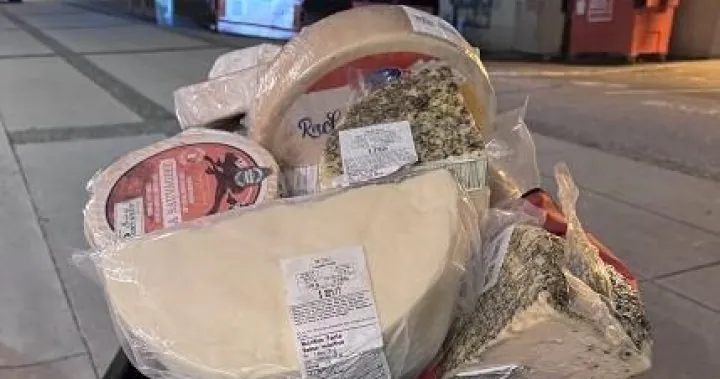
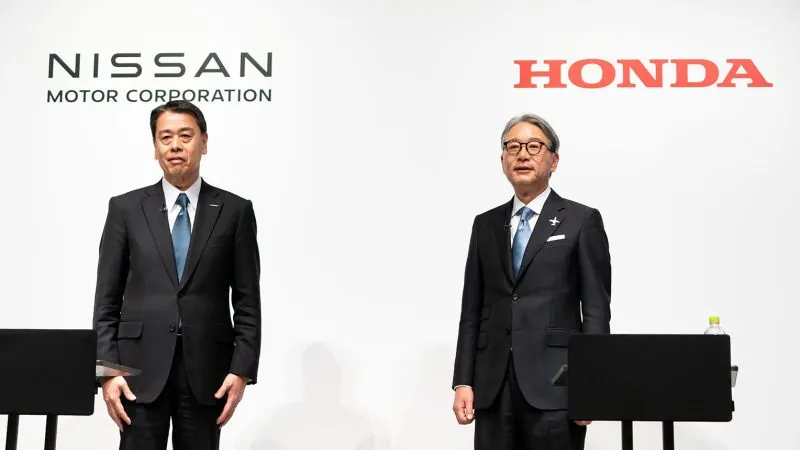

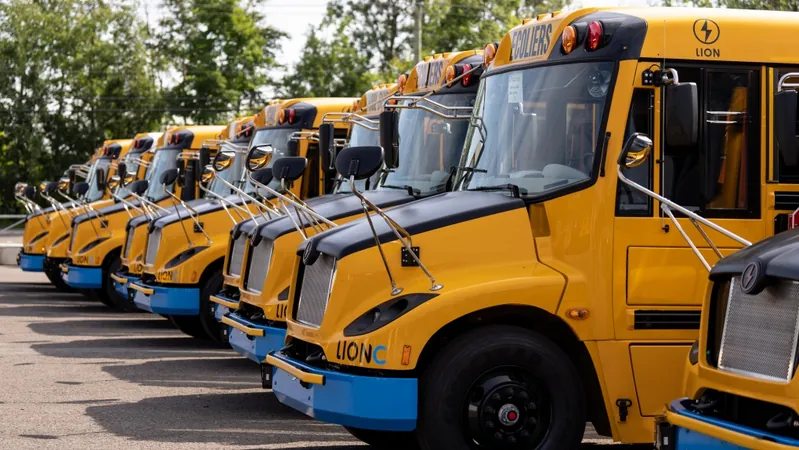


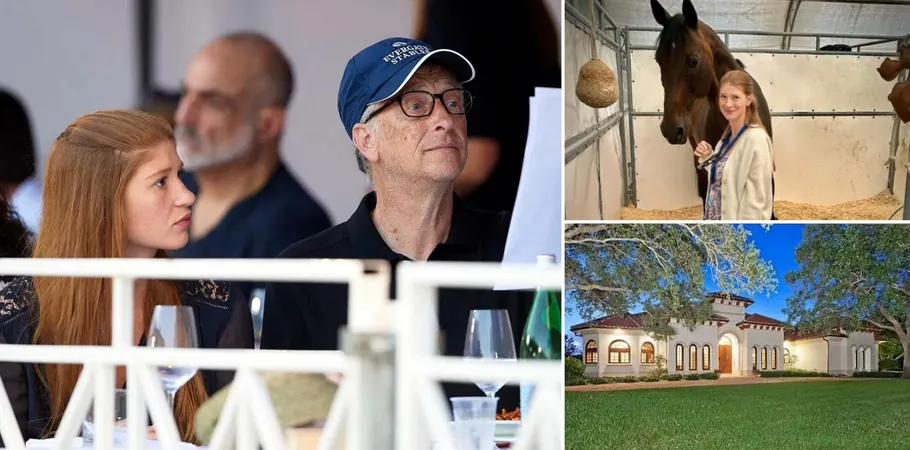


 Brasil (PT)
Brasil (PT)
 Canada (EN)
Canada (EN)
 Chile (ES)
Chile (ES)
 España (ES)
España (ES)
 France (FR)
France (FR)
 Hong Kong (EN)
Hong Kong (EN)
 Italia (IT)
Italia (IT)
 日本 (JA)
日本 (JA)
 Magyarország (HU)
Magyarország (HU)
 Norge (NO)
Norge (NO)
 Polska (PL)
Polska (PL)
 Schweiz (DE)
Schweiz (DE)
 Singapore (EN)
Singapore (EN)
 Sverige (SV)
Sverige (SV)
 Suomi (FI)
Suomi (FI)
 Türkiye (TR)
Türkiye (TR)